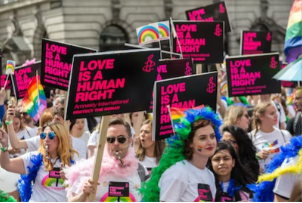IT IS A MYTH THAT DOMESTIC VIOLENCE ONLY OCCURS IN HETEROSEXUAL COUPLES, AND THE VICTIMS ARE ONLY FEMALE.
The circumstances of LGBTQ survivors who experience domestic violence are unique and often exacerbated by their sexual orientation and gender identity. According to the Human Rights Commission, 44% percent of lesbian women and 61% of bisexual women experience rape, physical violence, or stalking by current or former intimate partners. 40% of gay men and 47% of bisexual men have experienced sexual violence. There is an urgent need to address the specific challenges that LGBTQ survivors face when seeking assistance and support.
A considerable obstacle LGBTQ individuals encounter when seeking help is the lack of understanding and inclusivity within existing support systems. Research has indicated that many service providers and institutions exclude or overlook the experiences of LGBTQ survivors, often contributing only to binary gender identity categories or disregarding transgender individuals altogether. This exclusion creates a significant barrier to seeking assistance and hampers efforts to address and prevent domestic violence within LGBTQ relationships.
The concept of intersectionality, coined by civil rights advocate Kimberlé Crenshaw, emphasizes the need to consider individuals' multifaceted identities when understanding and addressing violence against marginalized groups. LGBTQ individuals not only face homophobia and transphobia in society but also often internalize these prejudices. Internalized homophobia or transphobia can contribute to violence within LGBTQ relationships, perpetuating negative social attitudes projected onto a partner. Acknowledging and addressing these complex intersections of identity is crucial to support LGBTQ survivors of domestic violence effectively.
The traditional gender narrative surrounding domestic violence further compounds the struggles faced by LGBTQ individuals. This narrative depicts heterosexual men as aggressors and women as victims, reinforcing harmful gender roles and stereotypes. The expectation that women should be submissive and nurturing while men should be dominant and forceful creates a distorted understanding of violence within LGBTQ relationships. LGBTQ survivors may face societal disbelief or invalidation of their experiences due to these preconceived notions, making it even more challenging to seek help and support.
Stigma represents another significant barrier preventing LGBTQ survivors from seeking assistance. LGBTQ individuals often experience stigma and discrimination in various aspects of their lives, translating into a fear of prejudice from service providers. The fear of being outed or having their sexual orientation or gender identity disclosed without consent further exacerbates this hesitation to seek help. The potential loss of support from loved ones or the fear of experiencing discrimination in their personal and professional lives may compel LGBTQ survivors to remain in abusive relationships rather than risk social exposure when seeking support.
Addressing the struggles that LGBTQ individuals face in cases of domestic violence requires a comprehensive and inclusive approach. At La Casa, we are committed to providing comprehensive support to LGBTQ survivors of domestic violence across all our services. Our dedicated staff and volunteers undergo extensive training and engage in ongoing discussions to ensure they are equipped to address the unique barriers and challenges faced by LGBTQ individuals. Whether answering calls on our hotlines day and night, offering individual counseling and advocacy, or providing a haven in our Emergency Shelter program, our team is prepared to offer tailored support. As part of our 40-hour domestic violence counselor training, we prioritize learning and understanding the specific needs of LGBTQ survivors. Our commitment to ongoing training allows us to stay updated on best practices and engage in meaningful conversations that enhance our ability to support LGBTQ survivors effectively. Creating safe spaces and support networks tailored explicitly to LGBTQ individuals is crucial to encourage survivors to come forward and seek assistance without fear of discrimination or stigma.
Supporting LGBTQ survivors requires a comprehensive approach that promotes inclusivity, understanding, and tailored support. Creating a safe and supportive environment can empower LGBTQ individuals to seek assistance, break the cycle of violence, and rebuild their lives free from domestic abuse.
For inclusive and supportive domestic violence services call us 24/7/365 at 1-877-503-1850
Written by: Lexi Kleinberg



